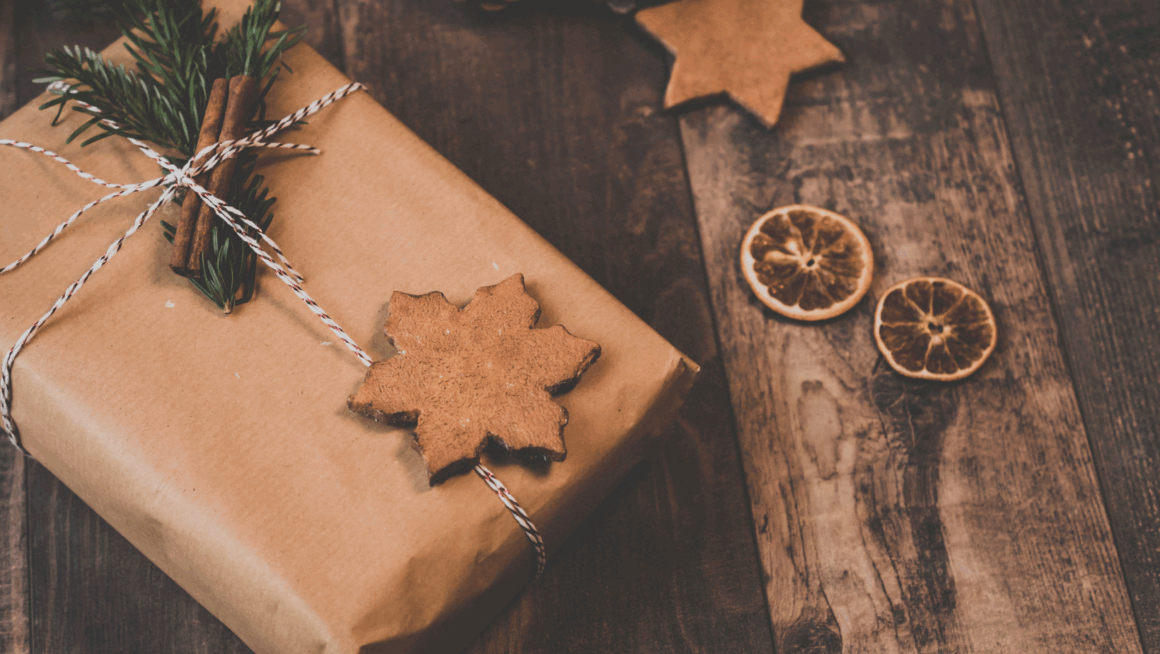
Finding the perfect gift feels almost like solving a puzzle—one with emotions, preferences, budgets, and sometimes distances all thrown in. Whether you’re thinking of gifts for overseas friends or a surprise for someone nearby, making the right choice matters. When done thoughtfully, the act of giving can strengthen relationships, surprise and delight the recipient, and reflect back on the giver as someone considerate and attentive.
In this guide we’ll walk through practical steps, psychological insights, and creative tips to help you choose a gift that fits the occasion, the person, and your own style. Let’s begin.
Understanding the Occasion
What is the Reason?
Start by defining the occasion. Is it a birthday, anniversary, graduation, holiday, a “just because” moment, or perhaps something more solemn or formal like a corporate occasion or a bereavement? The tone of the event heavily shapes the style of the gift—for example, gifts for a job promotion may lean more towards professionalism, while a wedding gift may call for sentimentality or tradition.
How Personal or Public Is the Gift?
Is this a private celebration or a public one (e.g. a work party)? Public gifting may demand more universally accepted items, while private gifts allow for deeply personal touches. Consider also cultural norms: in some cultures, modesty is valued; in others, a grand gesture is appreciated.
Knowing the Recipient
Their Personality, Interests, & Lifestyle
What does the person love? What are their hobbies and passions? Do they value experiences more than objects? Some people prefer books, art supplies, or gadgets; others prefer travel, food, or simply time with someone. The more you know about what they enjoy and how they spend their time, the better you can pick something they’ll genuinely appreciate.
Practical vs. Decorative vs. Experiential
Psychological research suggests that practicality often wins out over flash in the long run. A gift that solves a problem or fits into someone’s daily life may bring more enduring satisfaction than something beautiful which gathers dust. On the other hand, experiences—concert tickets, cooking classes, travel—often create memories that last.

Asking vs. Surprising
Sometimes the safest route is to ask what someone might want. There’s no shame in getting hints or even directly asking; many recipients prefer something they need or want rather than a surprise that misses the mark. But surprises still carry magic when done thoughtfully. Balancing clues (what they already own, comments they’ve made, hints dropped) with creativity can yield a gift that feels both unexpected and deeply appreciated.
Budgeting and Value
How Much Should You Spend?
Set a budget before you begin shopping, and stick to it. The value of a gift isn’t measured only in dollars. Thoughtfulness, appropriateness, and the emotional message you send often matter far more. Expensive gifts can impress, but underwhelming ones can disappoint more starkly.
What Makes Something “Valuable”?
Long-term usefulness, good quality, relevance to the recipient’s life, and the memory or story behind the gift all contribute to perceived value. A lower-cost gift with strong personal meaning or utility frequently outlasts a flashy, high-priced item that lacks connection.
Types of Gifts & Their Appeal
Here are categories of gifts and situations where they tend to shine:
- Experiential gifts: Travel, classes, concerts. Great when the recipient values memories or time over objects.
- Consumables: Food, drink, beauty products. Perfect for those who have little interest in accumulating stuff, or who enjoy sharing.
- Heirlooms or sentimental items: Jewelry, keepsake boxes, photo albums. Ideal for relationships and milestones.
- Decor or home items: For someone who loves hosting or has a home they cherish.
- Useful tools or gadgets: When someone has a hobby—cooking, music, gardening, technology—tools that help them do what they love are often well received.
Timing, Presentation, and Delivery
Plan Ahead
Don’t wait until the last minute. Rushed gifts can come off as impersonal. Planning ahead gives you time to find something meaningful, perhaps ship something, or prepare any personalization.
Presentation Matters
How you wrap and present the gift adds to its magic. Beautiful wrapping, a thoughtful note, or creative packaging can elevate even a small gift. Even the act of presenting it—over dinner, in a quiet moment, or with a small ceremony—can make a difference.
Shipping & Logistics (Especially Overseas)
If you’re sending abroad, plan for shipping times, customs, import duties, or any restrictions. Make sure packaging protects the item. Sometimes, using services local to the recipient for delivery is more efficient and safer.
Psychological Tips Backed by Research
- Prefer long-lasting satisfaction: Studies show people tend to regret flashy gifts that provide a moment of delight but little ongoing value. It’s better to choose gifts with utility or longevity.
- Experiences over things: Recipients often remember experiences more fondly than physical items, even if the item is expensive.
- The element of surprise: Unexpected gifts that align well with the recipient’s tastes often produce a stronger emotional reaction. But ensuring it doesn’t feel mismatched is key.
- Avoid cognitive overload: Don’t overwhelm the person with choices, nor burden them with gift that needs maintenance or causes decision fatigue. Simplicity often wins.
Common Mistakes to Avoid
- Choosing gifts based on what you like rather than what they like.
- Overspending to impress, rather than focusing on meaningfulness.
- Picking gifts that require too much effort from the recipient (e.g. items that need to be assembled, complicated tech with lots of setup).
- Ignoring allergies, sensitivities, or cultural considerations.
- Waiting too long so shipping, personalization, or logistics get tight.
Creative Ideas & Fresh Trends
- Personalized and custom gifts remain strong—monograms, custom artwork, or items made just for them.
- Edible gifts and gourmet food-related bundles (local specialties, artisan chocolates) are growing in popularity.
- Experiences: gift certificates for workshops, travel, dinners, or even virtual experiences if someone is far away.
- DIY and handcrafted items add an emotional layer. Even something simple like a photo collage, homemade jam, or hand-written letters can mean a lot.
- Eco-friendly gifts: items that are sustainable, zero waste, or that support ethical causes are increasingly appreciated.
Final Checklist Before You Give
- Does the gift reflect something you know about the person?
- Will it be useful, meaningful, or memorable?
- Does it respect your budget and theirs?
- Is it timely? (consider shipping, season, relevance)
- Is its presentation thoughtful?
- Are there any practical or cultural concerns (e.g. restrictiveness, compatibility, allergies)?
Conclusion
Choosing the perfect gift isn’t about spending the most or finding something flashy—it’s about showing you’ve paid attention. It’s about matching the gift to the person, the occasion, and your own values. When you put in thought, care, and a bit of creativity, you move beyond “just a gift” and toward something memorable. So the next time you’re deliberating between several options, pause and ask: which choice will make someone smile, feel seen, or remember this moment? That’s when you’ve truly chosen well.












